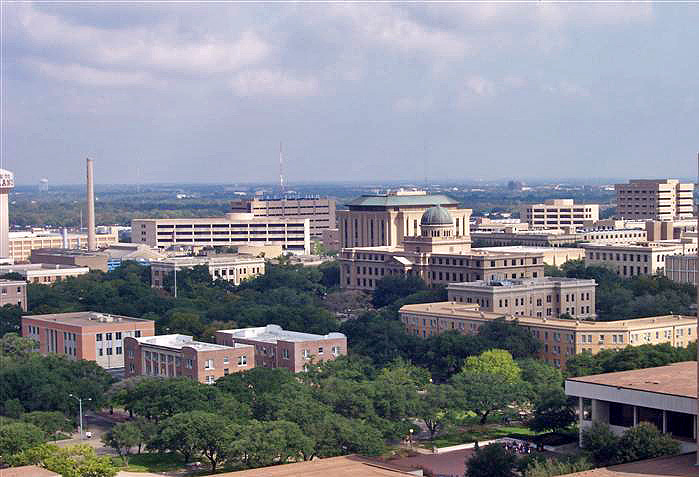
An autonomous vehicle developer says self-driving vehicles need extensive testing before rolling out to the wider public.
Srikanth Saripalli of Texas A&M University’s Unmanned Systems Lab says a testing system modeled after the one used in the pharmaceuticals industry can help consumers know they are safe inside a self-driving car.
Think you have a lemon, click here to fill out a 60 second form.
“Before autonomous cars are on the road, everyone should know how they’ll respond in unexpected situations,” Saripalli wrote in an editorial in the Houston Chronicle. “What should a self-driving car do when a nearby vehicle is swerving unpredictably back and forth on the road, as if its driver were drunk? What about encountering a vehicle driving the wrong way?”
Saripalli said the testing system for new medications can be adapted for self-driving vehicle testing, calling it a “common, popular and well-studied method” for making sure the systems operate correctly while checking for negative side effects.
He said autonomous vehicles have the potential not just to improve road safety and free up drivers’ time and attention, but fundamentally transform cities and societies. Regulations over those vehicles will ripple throughout the economy and society as a whole.
“Federal rules focus primarily on safety standards for structural, mechanical and electrical components of the vehicles, like airbags and seat belts,” Saripalli said. “States can enforce their own safety rules – for example, regulating emissions and handling driver licensing and vehicle registration, which often also includes requiring insurance coverage.”
He said current state and federal regulations treat drivers and cars as separate entities, but self-driving cars essentially combine the two.
Saripalli compared testing algorithms self-driving vehicles use to make driving decisions to testing medicines.
“The U.S. Food and Drug Administration requires medicines be tested not for their mechanisms of treatment, but for the results,” he said. “The two main criteria are effectiveness – how well the medicine treats the condition it’s intended to – and safety – how severe any side effects or other problems are. With this method, it’s possible to prove a medication is safe and effective without knowing how it works.”
“Similarly, federal regulations could – and should – require testing for self-driving cars’ algorithms. To date, governments have tested cars as machines, ensuring steering, brakes and other functions work properly,” Saripalli said.
Lemon law attorneys help their clients by dealing directly with the manufacturer on the clients’ behalf, working to promptly resolve the issue and get their clients back on the road. Thanks to the Magnuson-Moss Warranty Act, attorneys can seek their fees directly from the manufacturer, meaning a client can obtain legal counsel without having to pay attorneys’ fees directly out of pocket.
